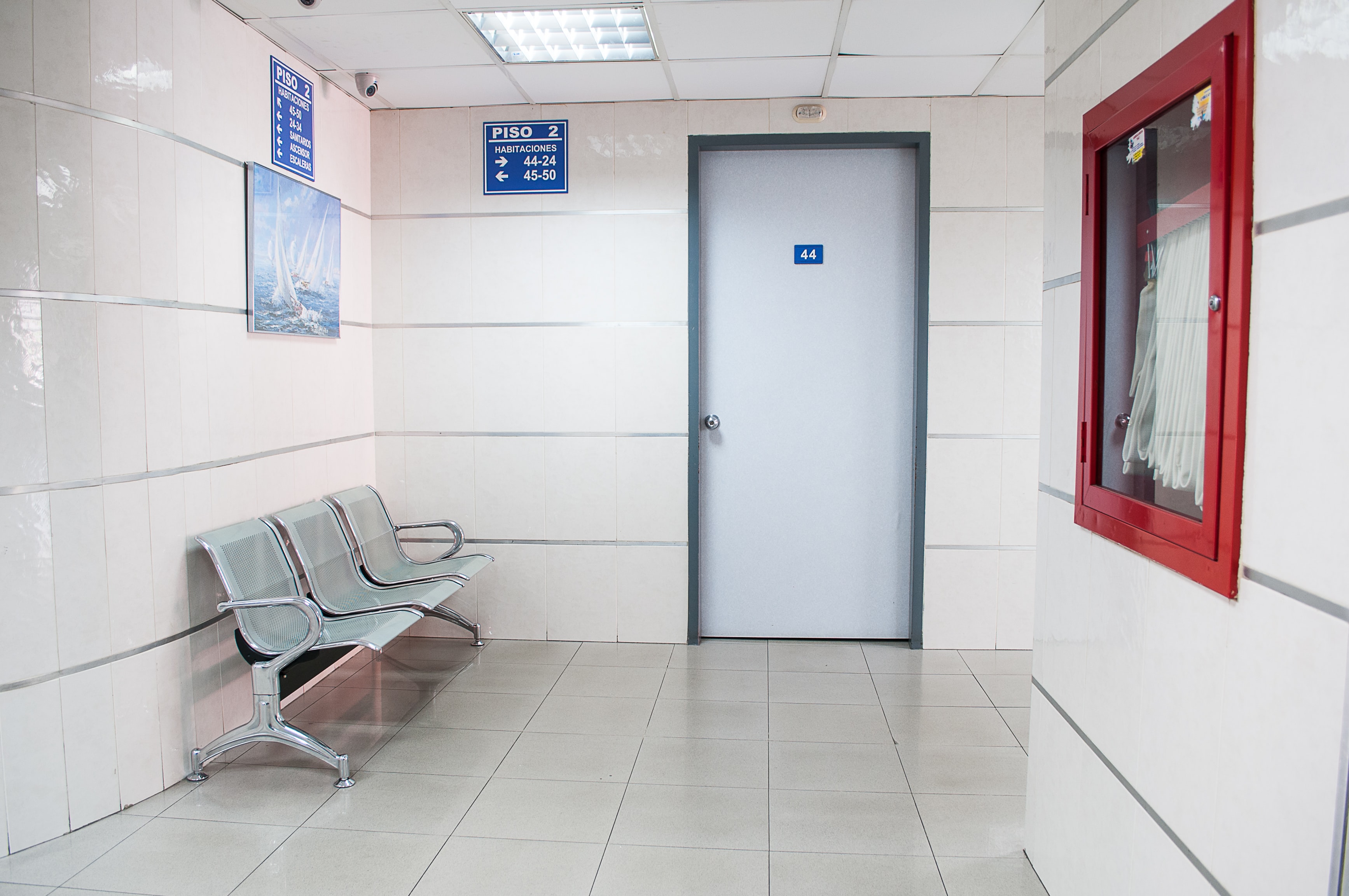Coronavirus alert and legal measures available to companies in Spain to carry out temporary employment adjustments.
The Spanish government has just approved a drastic decree to deal with the spread of the Coronavirus that imposes limitations on the movements of citizens and the closure of all commercial establishments except food and pharmaceuticals stores. The measures are due to start this Monday, March 16th.
This initiative adds to the other measures having an impact on the current Coronavirus alert. All of them together are going to have an immediate impact on companies and in the employment, as in many cases, the forced closure of commercial establishments will mean the impossibility for employees to work, whilst for many other companies, the general drop of economic activity will also compel them to adjust the workforce, at least for the duration of this exceptional situation.
Even though we expect the government to approve soon specific measures tailored for this exceptional situation, currently, employers in urgent need to adjust their workforce, have a tool provided by existing Spanish labour regulations, which are the Temporary Employment Regulation Proceedings (Expedientes de Regulación Temporal de Empleo) also known as “ERTE”.
An ERTE is an administrative procedure allowing employers to validly suspend or reduce temporarily employment contracts, in response to temporary economic or productive adverse circumstances affecting their activity. The procedure involves the participation of the worker’s representatives, the labour authorities and the authority managing unemployment benefits.
The main features of an ERTE procedure are:
- It is the only means through which an employer can unilaterally suspend or reduce the working time of its employment contracts.
- Both suspension and reduction are temporary.
- This procedure is of application irrespective of the number of employees affected.
- The percentage of working hours, which may be reduced, ranges between 10 and 70% of the employees working time.
- During the suspension, the employment relationship continues in force but the employee is not working at the company, which in turn is exempted from the payment of the salary, even though the company continues paying social security contributions. The employee has the right to the unemployment benefit.
- In case of a reduction of the working time, the Company shall pay only the part of salary proportional to the residual working time but shall continue paying social security contributions in full. The employee shall be entitled to the portion of the unemployment benefit proportional to the reduced working day.
The ERTE can be justified for economic, technical, organizational and production reasons, and also by force majeure, which is the most likely reason to be invoked in the current situation. Depending on whether the labour authorities actually recognize the existence of force, the procedure may be more or less simplified, particularly with regard to the participation of workers’ representatives.
In view of the foreseeable flood of ERTE requests, which are likely to be filed in the coming days, it can be expected that the government will adopt measures to simplify the procedure. There is also speculation on the possibility that in order to help companies, the government will agree on measures intended to exempt social security contributions payments during the period the ERTE measures are kept in place.
We will keep you informed of any new measures that may come into force in the coming days.





